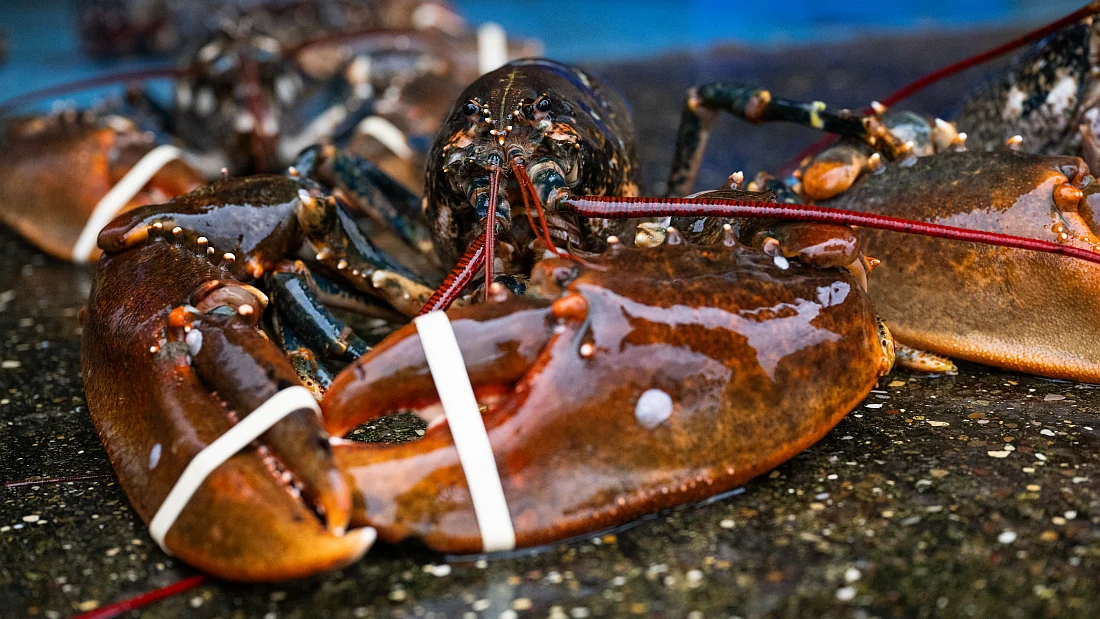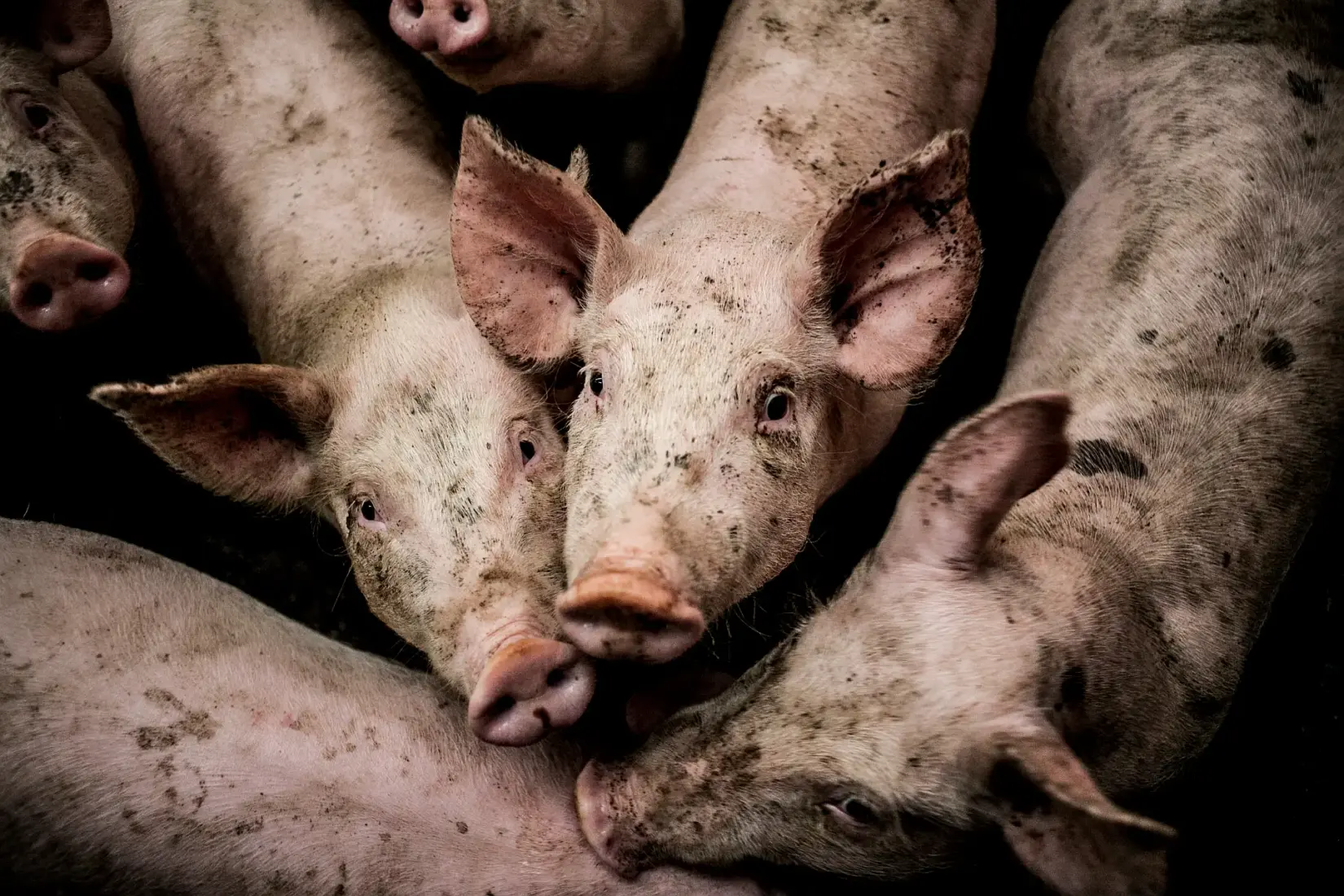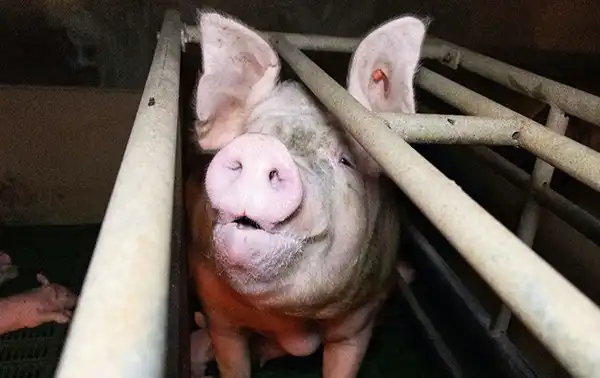Vegans have the friendliest guts
As vegan diets gain popularity, more and more studies are looking into their potential health benefits. Although a vegan diet isn’t necessarily healthy (if it’s based on processed, fatty and sugary foods), on average it tends to fare better than other diets in many aspects and the number of health-conscious vegans is growing. A recent study focused on reviewing available data on vegan, vegetarian and omnivore (meat-eater) gut health and the type of gut bacteria that these diets promote. There are many species of bacteria in our intestines and the proportions change based on what food we eat. While some feed on starchy foods and carbohydrates, others thrive on fat and they’re not all good. The study discovered that the relationship between diet and gut bacteria follows a continuum, with vegan bacterial populations being the most different from those of omnivores. The vegan gut bacteria are the friendliest – ie the proportion of bacteria producing unwanted by-products is the lowest and the proportion of the protective, health-beneficial species is the highest. This situation leads to reduced levels of inflammation (often a problem in overweight people) and may be the key feature linking vegan gut bacteria to the health-protective effects of the diet. The fact that vegans tend to have higher fibre intake might also play a role.
On the other hand, meat-eaters’ gut bacteria are mostly the kind that produce harmful and toxic by-products which increase the risk of heart disease, some cancers and low-level inflammation.
Last but not least – although bacterial populations in our intestines react to diet changes relatively fast, any significant shifts can only happen in the long-term.
Glick-Bauer M and Yeh m-C, 2014. The Health Advantage of a Vegan Diet: Exploring the Gut Microbiota Connection. Nutrients. 6 (11) 4822-4838.




